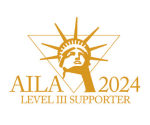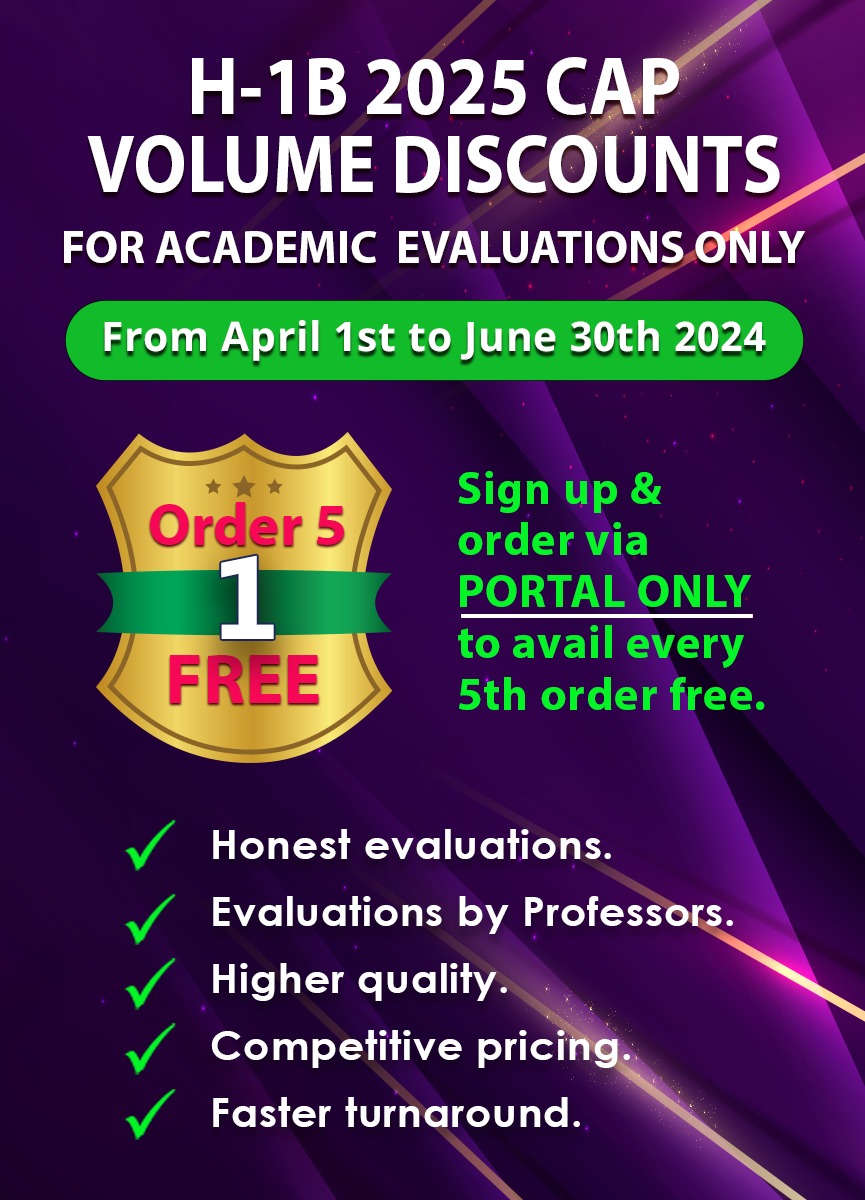It's service
 Expert Opinions
Expert Opinions
L-1A Executive / Managerial Expert Opinion
The L-1A nonimmigrant classification enables a U.S. employer to transfer an executive or manager from one of its affiliated foreign offices to one of its offices in the United States. This classification also enables a foreign company that does not yet have an affiliated U.S. office to send an executive or manager to the United States with the purpose of establishing one.
According to the USCIS, the L-1 classification may be granted to an individual who, within three years preceding the time of his/her application for admission into the United States:
- Has been employed abroad continuously for one year by a firm, corporation, or other legal entity or parent, branch, affiliate, or subsidiary;
- Seeks to enter the United States temporarily to render services to a branch of the same employer, or a parent, affiliate, or subsidiary; and
- Will work in a capacity that is managerial or executive or involves specialized knowledge.
To qualify a beneficiary for L-lA classification, USCIS requires that the organization filing the petition for the beneficiary must show that he or she:
- Will be employed in a managerial or executive position in the United States;
- Has prior education, training, and employment that qualifies him or her to perform the intended services in the United States; and
- Has at least one continuous year of full-time employment abroad with a qualifying organization:
- Within the 3 years before application for admission to the United States; and
- In a position that was managerial or executive or involves specialized knowledge.
USCIS insists that the proposed position in the United States must be primarily managerial or executive. The petitioner must show that the position in the United States is primarily in a managerial or executive capacity.
It is recommended to initiate the L-1A petition either as a “Managerial” OR as an “Executive” position. A hybrid position is usually challenged by the USCIS. The job duties need to be clearly stated. A vague description of job duties or a conclusive statement of the employee being an “Executive” or a “Manager” triggers an RFE (Request for additional Evidence) or NOID (Notice of Intent to Deny).
L-1A Executive Position:
More than the title as an executive, the position is much broader in its scope focusing on the board of directors’ level exercising duties such as policy making, controlling the functions of the organization, directing the management and discretionary decision making at the organizational level.
L-1A Managerial Position:
Managerial position is not just a Supervisory position. This position is expected to manage the organization or a department focusing a greater proportion of time exercising duties such as managing & controlling the work of other supervisory employees and functions, discretionary decision making at the department level & having authority to hire and fire.
When the evidence submitted along with the initial petition is insufficient, USCIS issues an RFE. Carnegie Evaluations’ experts assist to address the concerns raised in the RFE by providing an Expert Opinion that seeks to establish that the qualifying positions, both in the foreign entity and the US based entity are managerial or executive, as the case might be.
Document Checklist
- The employer’s support letter describing which of atleast three evidentiary criteria the candidate fulfills.
- Any pertinent exhibits that support the claims of the letter regarding the candidate’s Extraordinary Ability. M. Managerial/Executive Capacity Letter (For L-1A/ EB-1C)
- RFE, if any.
- Employer support letters from the U.S & foreign entities.
- Brief note on the affiliate relationship between the U.S & foreign entities.
- Expanded list of the job duties of the position in the U.S & in the foreign entity.
- Organizational charts showing the candidate’s corporate hierarchy standing in the U.S & foreign entity.
- Organizational charts showing the candidate’s corporate hierarchy standing in the U.S & foreign entity.
- Educational documents of the beneficiary.
- Any internal training records the candidate has with the company.
- Information on the proprietary/specialized knowledge beneficiary gained at the foreign entity.
- Updated Resume.
- Names, designations, education & job duties of the personnel managed by the beneficiary in the U.S & the foreign entity.




 Request an Evaluation.
Request an Evaluation. Login
Login







